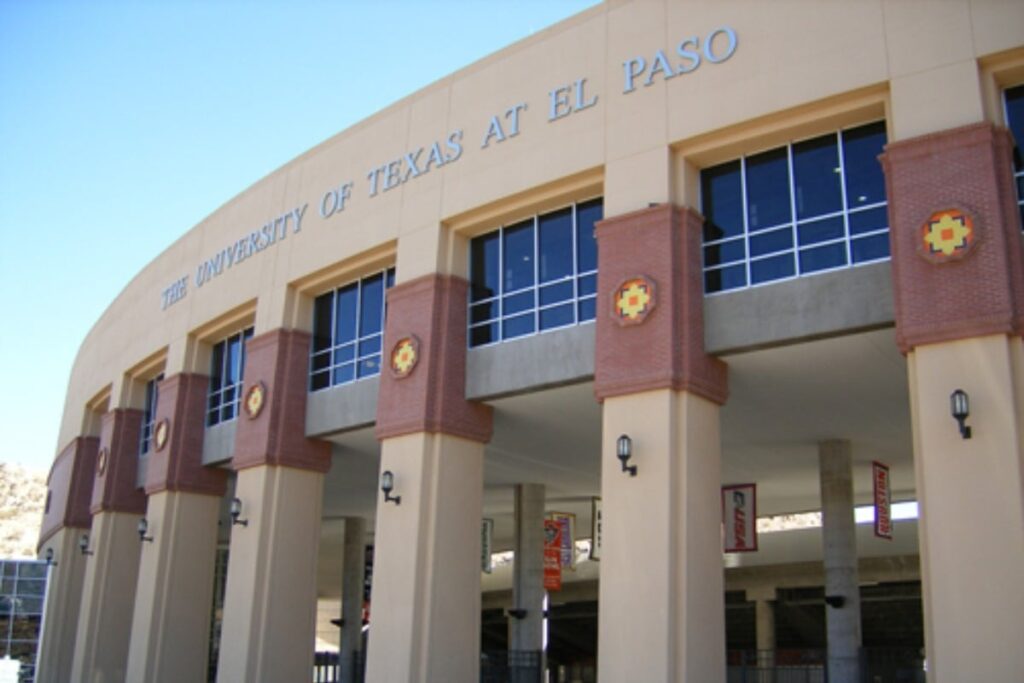
The University of Texas at El Paso (UTEP) has been awarded a substantial grant of $500,000 from the U.S. Nuclear Regulatory Commission to enhance cybersecurity measures at nuclear power plants through the implementation of artificial intelligence. This initiative aims to strengthen defenses against cyber threats, a growing concern in the digital age.
Leading this project is Sajedul Talukder, Ph.D., an assistant professor of computer science at UTEP. He collaborates with Syed Bahauddin Alam, Ph.D., from the University of Illinois Urbana-Champaign. Their joint effort focuses on integrating AI technologies to proactively address potential cyber attacks on nuclear facilities.
Innovative Cybersecurity Strategies
One of the central innovations outlined in Talukder’s project involves transforming the cybersecurity framework of nuclear plants from a single perimeter defense to a layered, onion-like structure. This approach ensures that each device and system within the plant has its own dedicated line of defense. Talukder’s team explained, “Instead of relying on one big perimeter defense, the system creates layers of security that make it far harder for attackers to move around if they ever get in.”
In addition to this layered defense, the project will also incorporate an AI-driven monitoring system designed to detect and respond to suspicious activities in real-time. Another critical component is the development of a virtual replica of a nuclear plant’s essential systems. This replica will be used to test and strengthen defenses against both current and emerging cyber threats.
Talukder emphasized the significance of this proactive strategy, stating, “Together, these innovations shift nuclear cybersecurity from being reactive — waiting for attacks to happen — to being proactive. It’s an intelligent shield that adapts and evolves as quickly as the threats themselves.” This forward-thinking approach positions UTEP at the forefront of efforts to counteract increasingly sophisticated cyber threats that could endanger national security.
Educational Opportunities and Future Impact
The grant not only supports research and development but also serves as a valuable training platform for students. It will create opportunities for both undergraduate and graduate students to engage in hands-on AI research, equipping them with skills that are highly sought after in today’s job market.
Ken Meissner, Ph.D., dean of the UTEP College of Engineering, acknowledged the broader implications of this funding. He remarked, “For UTEP, this award places the University among an elite group of institutions helping to define the future of nuclear security and highlights our growing contribution to solving one of the nation’s toughest problems.”
As UTEP embarks on this significant project, the implications for nuclear cybersecurity and workforce development are profound, marking an important step towards ensuring the safety and security of critical infrastructure in an era where digital threats are ever-evolving.






